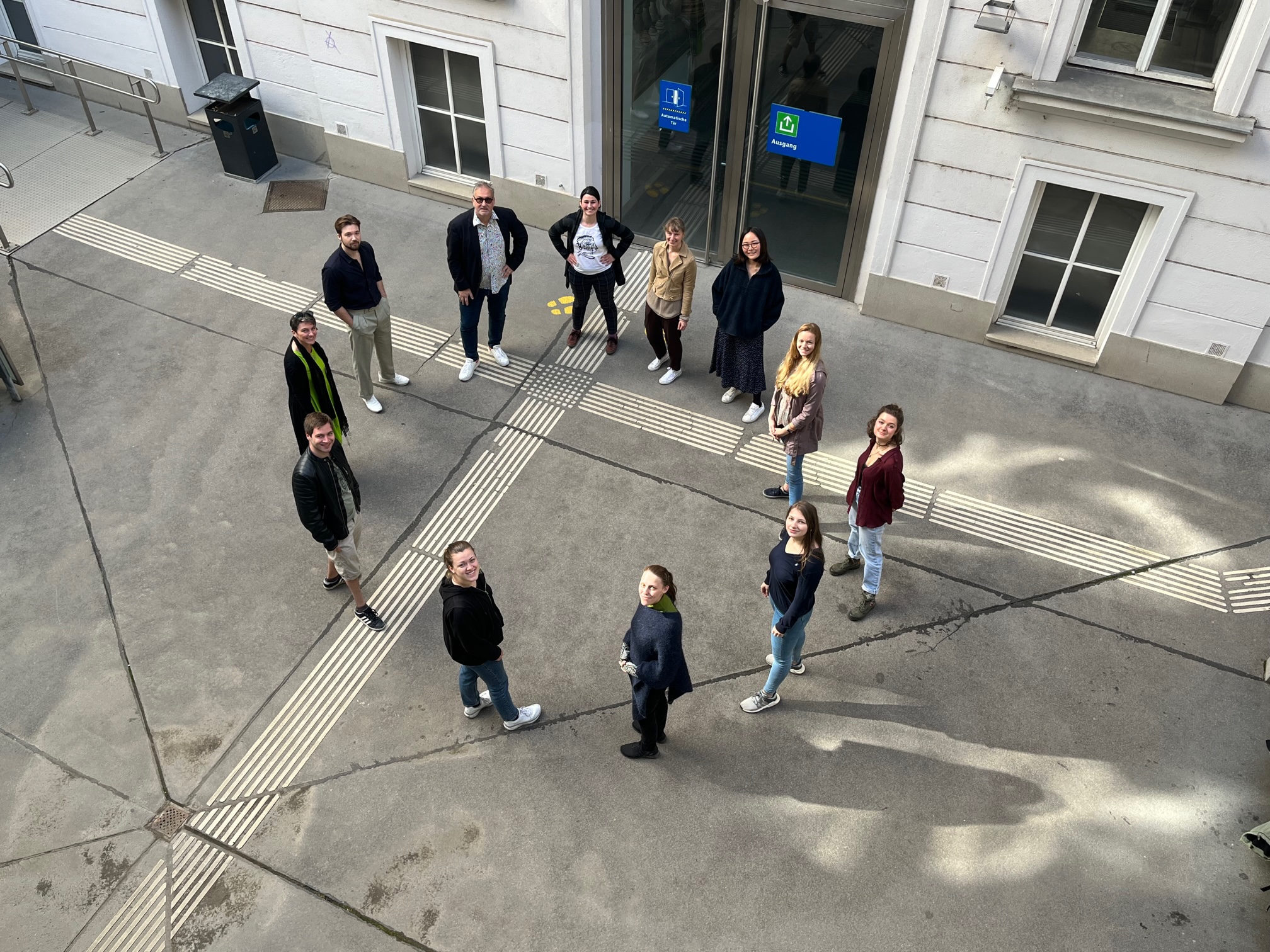Urban intervention with art in public space – cognitive attraction, resilience, or simply positive emotions?

Public space fulfills a crucial role for social integration and well-being in cities. Urban greenery and art are essential elements of an attractive public space. Scientifically, this project opens new perspectives on aesthetics bridging the sciences and the arts, and investigating the potential of aesthetic episodes to unify urbanization and aestheticization. Urban vegetation has seen increasing scientific attention in the light of climate change. The effects of urban art on people, however, has not been as systematically investigated. While plants are generally appreciated, the beneficial effects of art are seen much more controversially. The present project will investigate the effect of art and greening interventions in public space. Artists and scientists will collaboratively develop four temporary installations for a systematic analysis of the specific qualities of interventions and their effects on physiology, perception, behavior, and well-being. The mobile installations will be presented at different spots in Vienna, in a seasonally and demographically balanced design. This quasi-experimental approach will be complemented by standardized laboratory experiments, which enable us to validate and quantify effects found in the field study. The present project is among the first, and the most systematic, attempts to quantify the effects of urban interventions. The resulting model can serve as a basis to achieve the desired effects in public space.